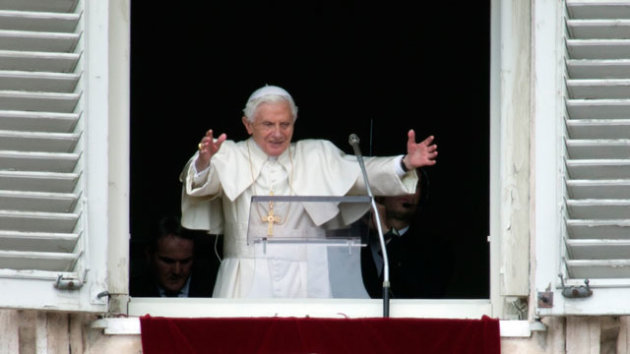Polish Catholics are hoping for a new pope with fresh vision. In Poland, widely considered the most Catholic country in Europe, the church has been plagued by dwindling attendance, surging secularism and increasing alienation among young people. And, as in other parishes around the world, priests in the Polish Catholic Church are facing allegations of sexual abuse. These abuses, often concealed, are seriously damaging the church - especially because critics say the Catholic leaders in Poland are not dealing aggressively with the problem.Growing secularism is another issue the Polish Catholic Church faces. Church observers say the Vatican must focus on contemporary issues and that there needs to be a Christian renewal to counter the secularism.
"Benedict XVI's thinking was shaped by the problems of the 20th century," said Zbigniew Nosowski, editor-in-chief of the Catholic monthly Wiez. "But now we need a pope who will help us face the rapidly emerging problems of the 21st century."
Nosowski said the church lacked a strategy to deal with mounting contemporary problems throughout Benedict's papacy. He foresees the church accepting a married priesthood this century as a way to counteract the decline in men seeking the priesthood. "We will need more priests to fulfill our basic ritual demands - like performance of the Eucharist," he said.
Some religion writers say the resignation of Pope Benedict XVI could provide an opportunity for other equally bold changes, such as open discussion of birth control, civil unions and in vitro fertilization.
"If we can accept the resignation of a pope, we should be able to accept other big changes," said Adam Szostkiewicz, a writer for Polityka, a secular liberal magazine. "People here are prepared for deeper changes and a more democratic style of managing things."
Obirek said the Polish church started to support radical right-wing groups after the death of Pope John Paul in 2005. The new pope must counter this trend by promoting further democratization of Polish society, he added, stressing that the church cannot continue to cling to its traditional role in a rapidly changing world. "Polish Catholicism has to radically change itself to adapt to social, religious and political conditions," he said. "Or else condemn itself to marginalization."







